WHO’s Guideline Development for Nutrition
Guidelines Review Committee (GRC)
The GRC was established by the Director General in 2007 to ensure that WHO guidelines are of a high methodological quality and are developed through a transparent, evidence-based decision-making process.
Resource |
| Guidelines Review Committee |
WHO handbook for guideline development
This handbook provides detailed instructions for guideline developers on the following topics: application of high quality methodology for guideline development using systematic search strategies, synthesis and quality assessment of the best available evidence to support the recommendations; appropriate collection and management of experts’ declared conflict of interest; expert group composition including content experts, methodologists, target users, policy makers, with gender and geographical balance; instructions for the management of group process to achieve consensus among experts; standards for a transparent decision-making process, taking into consideration potential harms and benefits, end users values and preferences; developing plans for implementing and adapting guidelines; and minimum standards for reporting.
Resources |
| English: Handbook 2nd |
| Español: WHO HB for guideline development 2ed |
Guideline Development Tracking Tool
WHO uses internationally-recognized methods and standards for guideline development to ensure that its guidelines are of the highest quality.
WHO guidelines can take anywhere from 6 month to 5 years from planning to publication.
The nutrition guideline development and progress tracking tool catalogues all WHO guidelines currently underway by the Department of Nutrition for Health and Development (NHD) – including those completed in the past 12 months and completed in collaboration with other WHO programmes or departments. This tool aims to increase public understanding of the status of WHO nutrition guidelines currently under development, and provide transparency in the WHO guidelines development process.
Resource |
| Development Progress |
WHO Guidelines on Nutrition
A WHO nutrition guideline is any document developed by the WHO containing recommendations for clinical practice or public health policy relating to nutrition, produced by or in collaboration with the WHO Department of Nutrition for Health and Development.
Resource |
| Guidelines |
Improving the quality of WHO guidelines over the last decade: progress and challenges – The Lancet Global Health
WHO is a leading and respected source of normative guidance. With a particular focus on the needs of low-income and middle-income countries, the scope of is vast, ranging from specific interventions aimed at controlling particular aspects of emerging health threats (eg, Infant feeding in areas of Zika virus transmission1) to broad public health guidance (eg, International travel and health).
Resource |
| PDF file |
Global Accelerated Action for the Health of Adolescents (AA-HA!): guidance to support country implementation
More than 3000 adolescents die every day from largely preventable causes, according to a new report from WHO and partners. Global accelerated action for the health of adolescents (AA-HA!): Guidance to support country implementation – assists governments in what to do – as well as how to do it – as they respond to the health needs of adolescents in their countries. Case studies show that what is being recommended actually can be done.
Resources |
| Summary document: WHO FWC MCA 17.05 |
| Main document including case studies: PDF file |
Cochrane Library
The Cochrane Library (ISSN 1465-1858) is a collection of six databases that contain different types of high-quality, independent evidence to inform healthcare decision-making, and a seventh database that provides information about Cochrane groups.
Resource |
| Cochrane Library |
GRADE Online Learning Modules – McMaster University
These online learning modules are designed to help guideline developers and authors of systematic reviews learn how to use the GRADE approach to grade the evidence in systematic reviews, to create Summary of Findings Tables and GRADE Evidence Profiles, and move from evidence to making recommendations.
There are two sets of modules:
- For authors of Cochrane systematic reviews and other systematic reviewers
- For World Health Organization (WHO) guideline developers and other guideline developers
Resource |
| GRADE Online Learning Modules |
